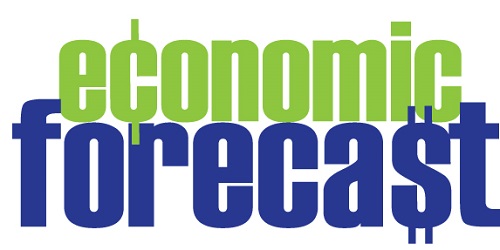Laos Faces Economic Challenges In 2017: Business Leader
Source: Vientiane Times
Despite Laos officially performing well overall economically in 2016, some large firms still face major hurdles in doing business, according to a leading corporate executive.
General Manager External Affairs, PanAust Ltd./Managing Director PBM Ltd., Mr Richard Taylor, made the comment recently in an article posted on the professional social media site LinkedIn.
His article detailed three key issues that would shape 2017 for both Laos and Myanmar, which have experienced similar circumstances in recent times.
He highlighted three areas that need urgent attention this year: freeing up the system so economic bureaucrats can get back to decision-making, balancing core promises on the environment with business promotion, and diversifying foreign investment to increase robustness to changes in China and the US.
Mr Taylor noted that both Laos and Myanmar had changes of government a little over a year ago; both new governments had launched similar political initiatives; and both governments had prioritised social and political issues over the economy.
“The prioritised policies have focused on environmental initiatives, anti-corruption and bringing together diverse geographic and ethnic groups. External forces have also played a role, with the countries buffeted by the China slowdown and a stronger US economy which has seen foreign exchange instability and a shortage of US dollars.”
Referring to the Asian Development Bank, Mr Taylor said both Asean nations had performed below their potential in 2016, with Laos’ economic growth of 6.8 percent lower than its decade long trend of close to 8 percent.
“Growth rates in Laos and Myanmar come off low bases and higher growth rates are needed to address widespread poverty levels. International organisations are optimistic about 2017, projecting higher growth, but these assumptions seem shaky and local business is less sanguine. Most businesses report significant delays in approvals and government decision making – in some cases now approaching more than a year,” the Australian businessman said.
He noted that while Prime Minister Thongloun Sisoulith’s steps to distance the Prime Minister’s Office from business interests had been seen generally as a positive step, many bureaucrats had taken this as a cue to be at best conservative in decision making, at worst avoiding all major decisions.
“The five year planning cycle has become dominated by international advisers and pronouncements are high on ambition but low on content, leaving many businesses in limbo and foreign investors seeking greener pastures. With Laos and Myanmar laggards in the ‘Ease of Doing Business’ stakes, quality investors have other options,” Mr Taylor said.
Both nations are also hampered by a two tier system of investors where top quality investors adhere, as best they can, to a hybrid of international and domestic standards and are responsive to regulatory change and react to reputation issues and government requests. This contrasts to the vast number of smaller investors or investors without the commitment to high standards, he explained.
Exchange rate pressures were seeing Laos looking at ways to tighten currency controls to protect the currency from devaluation. Laos was particularly vulnerable with budget deficit financing in foreign currency and relatively small foreign reserves combined with an increasing interconnectedness with neighbouring countries, he cautioned.

